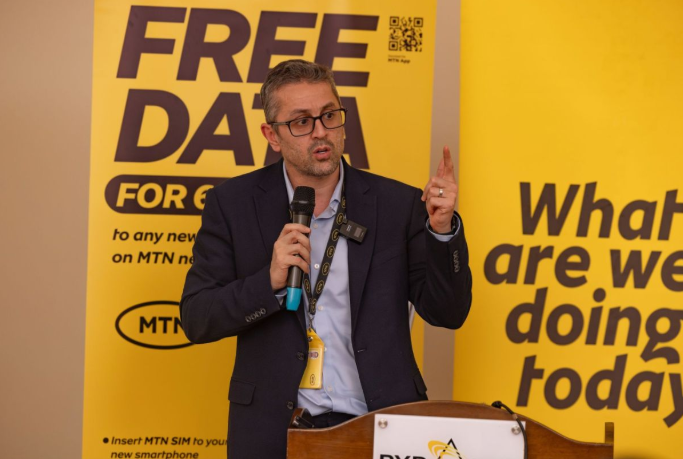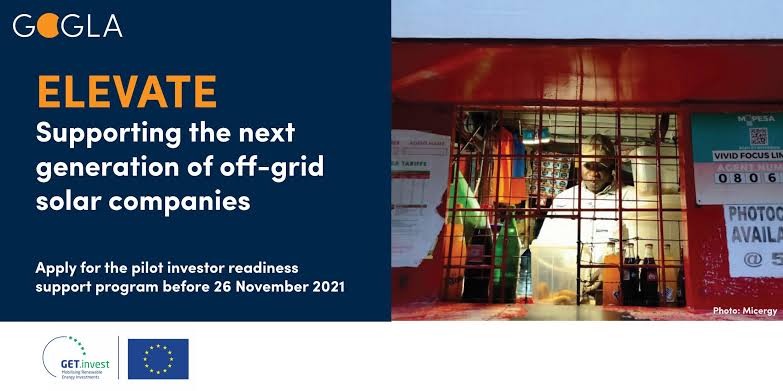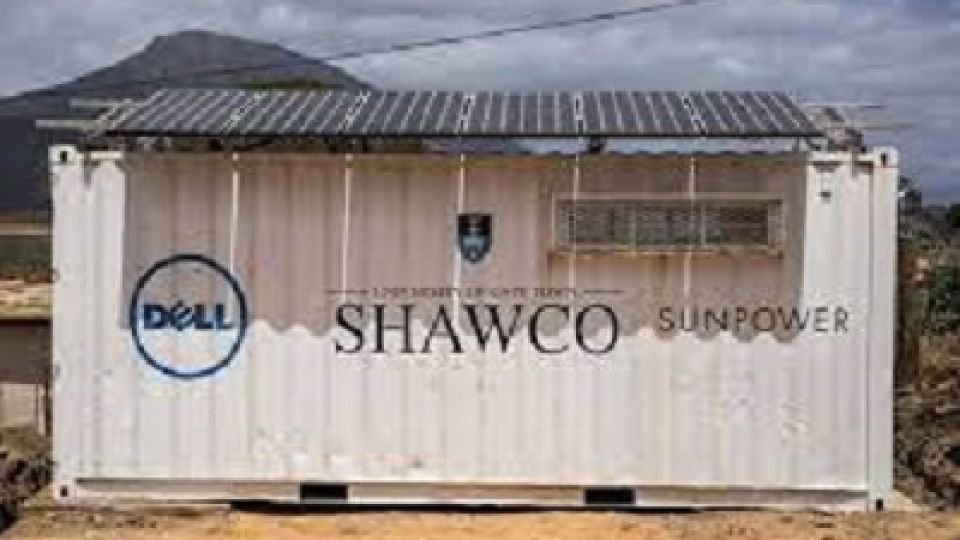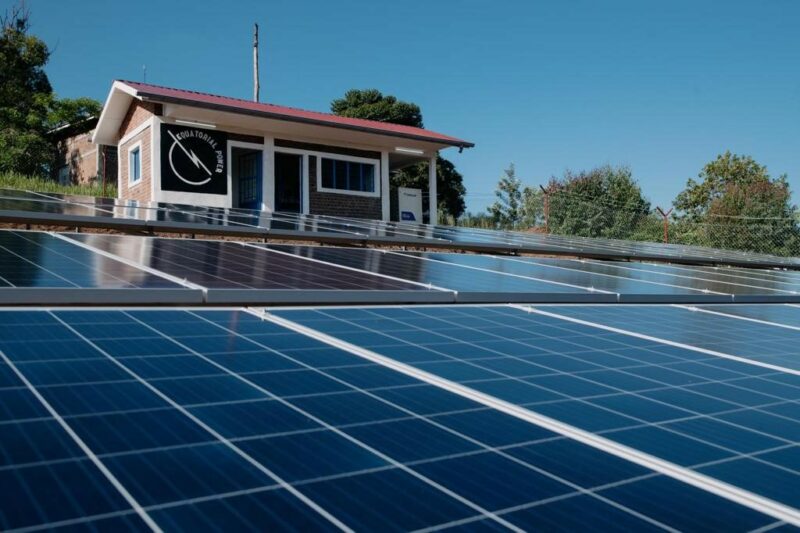MTN South Sudan has rolled out 100 free solar charging units across underserved communities to boost digital and financial inclusion by tackling one of the biggest barriers in rural areas—access to reliable power.
Announced on Friday, the initiative provides solar-powered systems equipped with 12-volt batteries that deliver about 280 kWh of clean energy, enabling locals to charge mobile phones, laptops, and other devices.
Sustainable telecom: MTN’s broader green energy strategy
The solar charging rollout is part of MTN South Sudan’s broader mission to lead in sustainable telecommunications.
The goal is to install 305 solar-powered base transceiver station (BTS) sites, reducing reliance on fossil fuels and cutting operational costs. Early results are promising, with a 30 percent reduction in fuel expenses and improved network resilience, particularly in and around Juba, the capital.
Two major data centers have also been connected to the national power grid, lowering carbon emissions and boosting efficiency.
Driving change through clean energy and community impact
Whether supporting local shopkeepers, keeping families connected, or expanding access to mobile banking, MTN’s clean energy efforts are about more than just sustainability—they’re about community development.
With the added stability from new diesel generators in high-revenue areas and an unwavering focus on green solutions, MTN is proving that connectivity and environmental responsibility can go hand in hand.
This is more than just a power solution. It’s about empowering people to stay connected, run small businesses, access essential services, and tap into the digital economy.
“We’re not just lighting up homes—we’re lighting up opportunities,” said Kenyi Lujang, MTN’s Head of Sales & Distribution.
The deployment is being coordinated through MTN’s regional sales teams in partnership with rural chiefs to ensure the units reach the most impactful locations.





